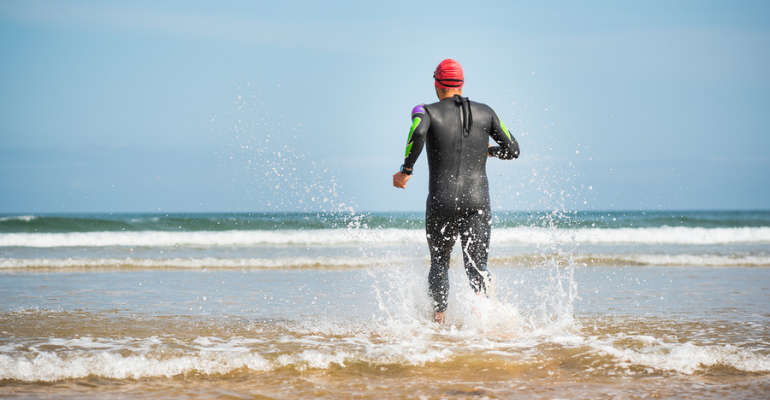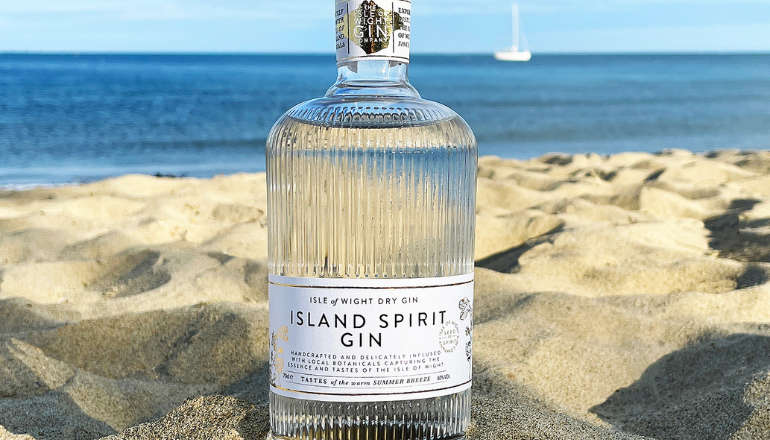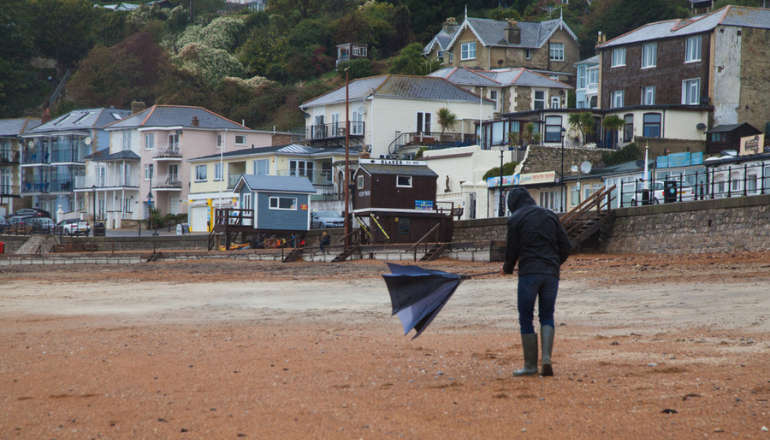
The Royal National Lifeboat Institution (RNLI) is urging anyone taking part in open water swims and dips to be aware of the risks.
Cold water shock is a very real danger for anyone entering water that is 15C or below while swim failure and hypothermia can also pose a risk, especially at this time of year when the average sea temperature around the UK and Ireland is just 6 to 10°C.
Last winter, the RNLI saved the lives of five swimmers and helped a further 12 back to safety.
Roslyn Cameron, from the RNLI Water Safety Team, said:
"Here in the south east, we’ve seen a big increase in the number of people taking up dipping and open water swimming, and it’s amazing so many people are feeling the benefits of a new activity.
"The most important thing to remember is that if you are in any doubt, stay out of the water and if you or anyone else does get into trouble in or on the water please call 999 or 112 and ask for the Coastguard."
RNLI safety tips for taking a winter swim or dip:
- Be prepared – Check the weather forecast, including tide information and wave height. Take plenty of warm clothes for before and after your dip, along with a hot drink for when you come out of the water. Take a mobile phone in a waterproof pouch. Wearing a wetsuit will help increase your buoyancy and reduce the chances of suffering cold water shock
- Never swim alone – always go with a buddy, if possible, to a familiar spot and tell someone when you plan to be back
- Acclimatise slowly – never jump straight in as this can lead to cold water shock, walk in slowly and wait until your breathing is under control before swimming
- Be seen – wear a brightly coloured swim cap and consider using a tow float
- Stay in your depth - know your limits including how long to stay in the water and swim parallel to the shore
- Float to live - If you get into trouble lean back in the water, extending your arms and legs, and resisting the urge to thrash around to gain control of your breathing
For the latest RNLI safety advice on a range of activities visit: https://rnli.org/safety


 Bon Voyage — White-Tailed Eagle Soars To France
Bon Voyage — White-Tailed Eagle Soars To France
 Goddards Brewery Scoops Four Top Industry Awards At International Competition
Goddards Brewery Scoops Four Top Industry Awards At International Competition
 Briddlesford Road Crash Results In Two Injured
Briddlesford Road Crash Results In Two Injured
 Isle Of Wight MP Extolls Virtues Of Joint Emergency Service Officers For Isle Of Wight
Isle Of Wight MP Extolls Virtues Of Joint Emergency Service Officers For Isle Of Wight
 Island Labour Announces Parliamentary Candidates As Quigley Vows To 'Take Fight' To Bob Seely
Island Labour Announces Parliamentary Candidates As Quigley Vows To 'Take Fight' To Bob Seely
 Can You Help Police To Identify Man Linked To Waitrose Theft?
Can You Help Police To Identify Man Linked To Waitrose Theft?
 Ryde Town Council In Crackdown On Dog Fouling
Ryde Town Council In Crackdown On Dog Fouling
 Former Patient Opens New Intensive Care Unit
Former Patient Opens New Intensive Care Unit
 Isle Of Wight Primary School Place Allocations Announced For September
Isle Of Wight Primary School Place Allocations Announced For September
 The Rules Islanders Need To Know For Police And Crime Commissioner Election Postal Voting
The Rules Islanders Need To Know For Police And Crime Commissioner Election Postal Voting
 Family Pays Tribute To Paul Hart Following Fatal Newport Collision
Family Pays Tribute To Paul Hart Following Fatal Newport Collision
 Teenager Sentenced For Planning Isle Of Wight Festival Terrorist Attack
Teenager Sentenced For Planning Isle Of Wight Festival Terrorist Attack
 Isle Of Wight Gin Company Wins Medal At 2024 London Spirits Competition
Isle Of Wight Gin Company Wins Medal At 2024 London Spirits Competition
 Yellow Weather Warning Issued For Isle Of Wight
Yellow Weather Warning Issued For Isle Of Wight
 Police Confirm Bembridge Beach Discovery 'Not Human Remains' Despite Reports To Contrary
Police Confirm Bembridge Beach Discovery 'Not Human Remains' Despite Reports To Contrary
 Police Investigation Updated Following Discovery Of Body
Police Investigation Updated Following Discovery Of Body
 Spitfires To Soar As Part Of D-Day Commemoration At IW Armed Forces Day
Spitfires To Soar As Part Of D-Day Commemoration At IW Armed Forces Day
 Another Accolade For Wight Knuckle Brewery At National Independent Beer Awards
Another Accolade For Wight Knuckle Brewery At National Independent Beer Awards
 Uninsured, Unlicensed And Unruly: Man Charged Following Newport Collision
Uninsured, Unlicensed And Unruly: Man Charged Following Newport Collision


